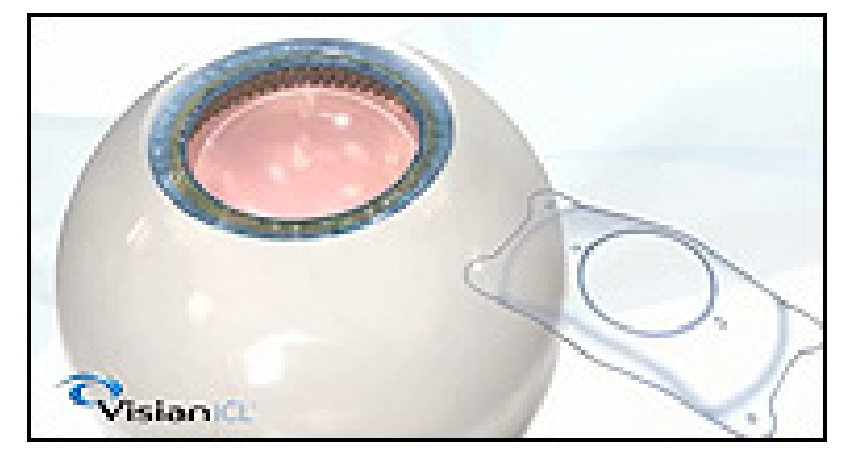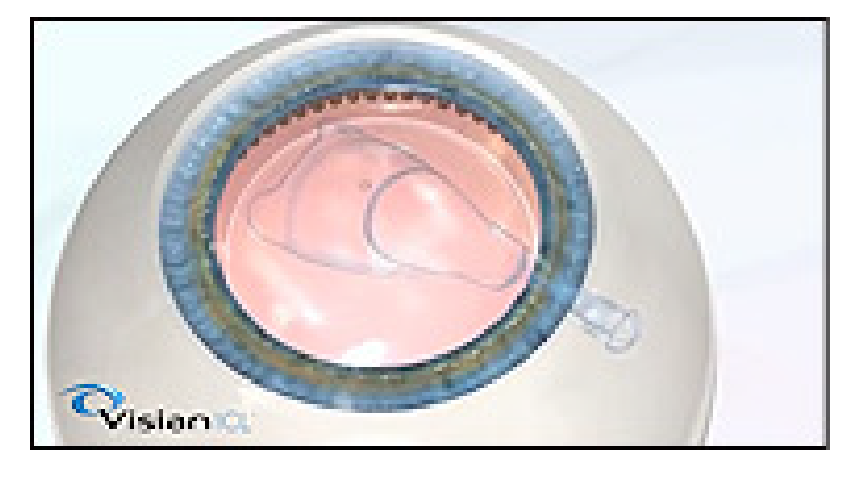Implantable Contact LensRead 6,561

ICL designs a procedure during which the surgeon inserts a small and thin contact lens in the eye, behind the iris and next to the natural corneal lens.


ICL is a common and alternative procedure performed worldwide by ophthalmologists, offering multiple advantages
• Possibility to correct very high shortsightedness, farsightedness, and astigmatism when laser surgeries cannot be performed,
• No corneal tissue modification,
• Reversible procedure( by lens removal),
• Can be combined with some other eye treatments,
• Very quick and precise results (24 hours after surgery)
Detailed Steps of Implantable Contact Lens
Step 1. : Eye dilation

Dilation and anesthesia eye drops will be applied, a very small incision is created by ophthalmologist.
Step 2. : ICL implantation

ICL is inserted through the incision and placed in front of the natural lens in the eye.
Step 3. : ICL position

ICL is adjusted to place in a good position.
Who can be Candidate?
General Requirements
Rutnin-Gimbel ophthalmologists strictly apply Rutnin’s ethics in eye surgery and make sure first that any patient meets following general conditions, whatever the treatment could be:
• 20 year old minimum
• In good health overall
• Good eyes condition (no eye disease such as glaucoma, cataract, lazy eyesight, macular degeneration, severe dry eyes)
• No pregnancy, no breast feeding
More specifically, patient must meet the following conditions to benefit from an ICL implant:
• No auto-immune disease such as Rheumatoid Arthritis or SLE (Systemic Lupus Erythematosus)
• No variation of eyesight higher than 0.5 D within 1 year
Candidates for ICL Implantation
If the patient meets all prerequisite conditions, an ICL implant can be proposed as treatment for:
• Myopia, for refraction from -1D up to -18 D,(including astigmatism up to 6 D),
• Hyperopia, for refraction from +1D up to +10D, (including astigmatism up to 6 D),
• In some specific cases, when patients experience dry eye conditions or corneal abnormalities, such as early keratoconus.
Rutnin-Gimbel ophthalmologist will determine during the thorough pre-operative examination if the eye conditions enable and require an ICL implant.
Credit picture: www.drfier.com





